Theories in Educational Psychology
Concise Guide to Meaning and Practice
Theories in Educational Psychology s purpose is to introduce readers to the pioneering educational psychology theories that continue to shape our understanding of the classroom learning environment, present support for the theories from perspectives in the current research literature, and share how these theoretical traditions have translated into effective teaching methods. Each chapter will be infused with practical teaching examples, classroom vignettes, and instructional strategies so readers are continually confronted with how theory translates to practice. In addition to becoming familiar with the conceptual understanding of core theoretical knowledge, readers will also be presented with current thinking about each theory and an introduction to important related topics at the close of each chapter. The chapters will also conclude with activities designed to help readers reflect on their learning of each chapter s content."
- ISBN 13 : 1475802315
- ISBN 10 : 9781475802313
- Judul : Theories in Educational Psychology
- Sub Judul : Concise Guide to Meaning and Practice
- Pengarang : Alyssa R. Gonzalez-DeHass, Patricia P. Willems, Patricia P. Willems, Patricia P. Willems,
- Kategori : Education
- Penerbit : Rowman & Littlefield
- Bahasa : en
- Tahun : 2012
- Halaman : 353
- Google Book : http://books.google.co.id/books?id=JlH5FxpTH4YC&dq=intitle:Educational+Psychology&hl=&source=gbs_api
-
Ketersediaan :
Theories in Educational Psychology's purpose is to introduce readers to the pioneering educational psychology theories that continue to shape our understanding of the classroom learning environment, present support for the theories from ...









